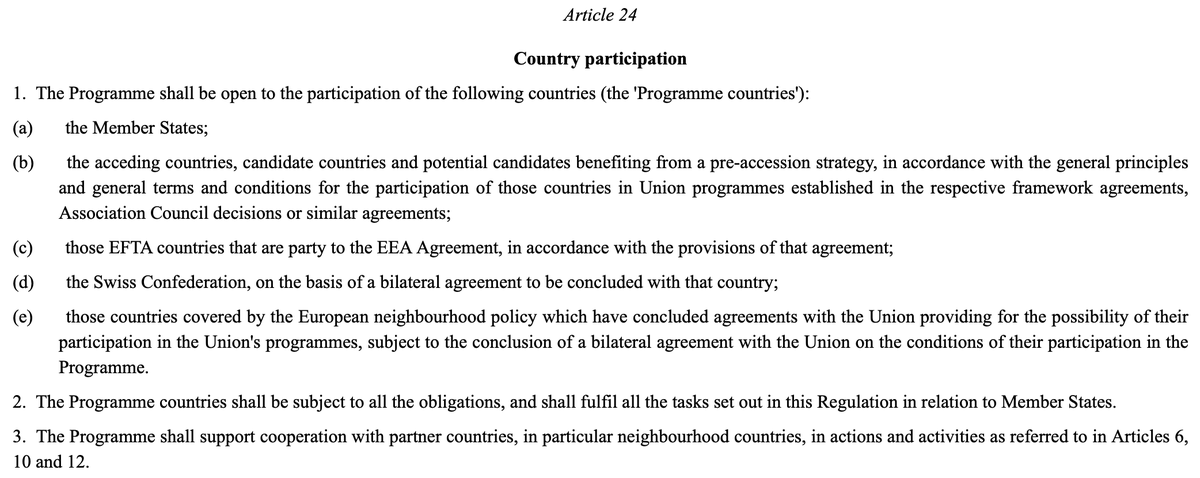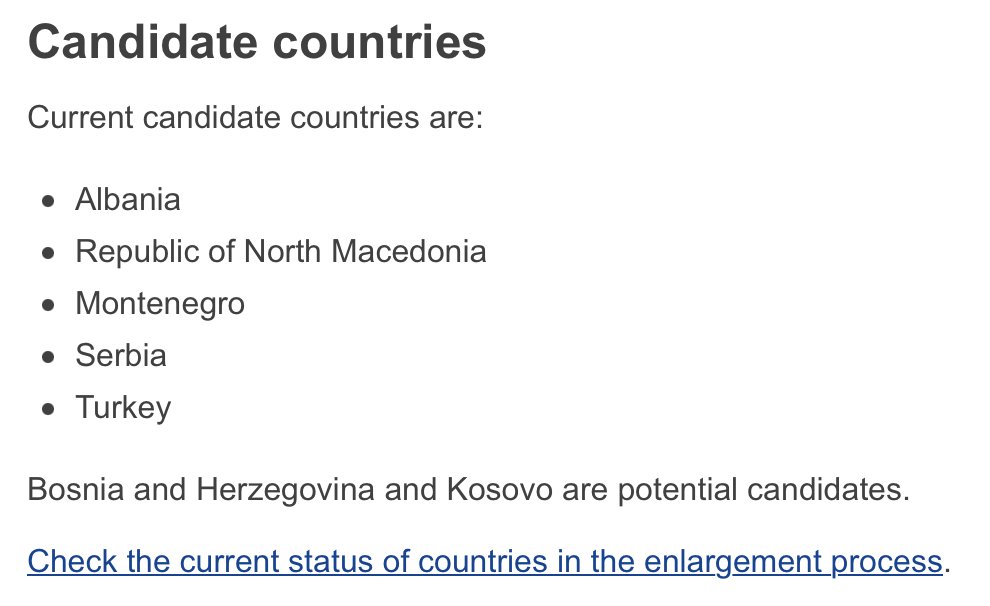Alex1Powell Categories Brexit
Today we are looking back to series 1 of our podcast where @NicoleSykes_ and @chrisgreybrexit discussed Brexit and Business with @ProfTimBale.
— Mile End Institute (@MileEndInst) December 7, 2020
What has business done - and not been able to do- to make the best of #Brexit?
Listen here: https://t.co/ioGZx9qlSY
I’ve lost track of how many times I’ve been told over the last 5yrs that it’s because business wasn’t loud enough. 1st during the referendum (though post-🗳️ analysis tends to agree the economic argument was won, it just wasn’t important enough). 2nd during the negotiations (2/)
I’ve said a lot about this in the past, ultimately - yes biz could have been louder. But there are many reasons why they weren’t.
And volume really isn't everything. Any lobbyist knows that you’re only loud when you’re already losing. It’s a symptom, not a cause, of loss (3/)
So how did business start losing on Brexit? This story has 3 beginnings:
1. The decline in trust through the 00s, when respect diminished
2. #indyref where biz learned the hard way what being dragged into a polarising political furore felt like. That backlash scarred.
(4/)
3. The birth of Business for Britain
Honestly, Business for Britain were brilliant at what they did. I think they genuinely did try to woo business on side initially. But when that didn’t work, they switched strategy very rapidly and pulled every lever available to them (5/)
1) no deal
2) the two sides are still talking but run out of time - qu if can find other ways to buy more time
3) a deal is reached which the UK ratifies & EU provisionally applies
In some ways, option one is the most simple
If the two sides walk away then we dont need to see the govt recalling UK parliament & the european parliament also doesn't need to vote
But no deal isnt a sustainable endstate - lots of reasons the UK will need to work with EU in the future
While I dont think UK will be straight back to the negotiating table - esp if PM unwilling to compromise in current circumstances - there will still be unresolved issues
Option two is probably the most challenging - where both sides think there is a deal to be done but the clock just runs out...
They may want to buy more time for talks but as @GeorginaEWright has pointed out, it is really much more complicated than that:
Extending the transition period is a lovely idea - in theory. But in practice, it's a total minefield and not clear it can be done in time. Why? Thread.
— Georgina Wright (@GeorginaEWright) December 21, 2020
Which means that for many, option 3 (a deal) is really the best outcome
Although @aliceolilly has pointed out recall has been complicated by covid rules: https://t.co/kPaA7vXT32
There is still - just about - enough time for the UK parliament to pass implementing legislation
Quick thread on recall, coronavirus, Brexit, and why it\u2019s all a bit more complicated than usual.
— Dr Alice Lilly (@aliceolilly) December 20, 2020
So: recall happens at the request of the government. Parliament cannot recall itself. Explainer here: https://t.co/4myCgbpUqM
(Thread)
2. The single market is the most comprehensive trade area in the world. It includes considerable regulatory alignment on products and services, free movement of people etc.
Yet the EU seems to think that a mere FTA would allow post-Brexit UK to outcompete that single market. 🤔
3. Their current position seems to be that unless an FTA is accompanied by extremely onerous level-playing field provisions (explained by @RaoulRuparel here), then an FTA with the UK isn't worth doing because it would be a threat to the single
Have heard similar. This essentially amounts to trying to force dynamic alignment through the back door. I don't think UK can or will accept this. A thread with some potential solutions & noting some irony... 1/ https://t.co/1mIB1hWyVX
— Raoul Ruparel (@RaoulRuparel) December 9, 2020
4. But if you voted Remain (as I did), the idea that a mere FTA with, say, enforceable non-regression clauses rather than "dynamic alignment by the back door" is going to give post-Brexit Britain a competitive trading advantage over the single market is quite a strange one...
5. I mean, whatever happened to "non-tariff barriers are more important than tariffs"? Even with an FTA, the UK will face:
- Customs and regulatory barriers
- No free movement
- Rules of origin
Hardly a menu for out-competing the SM, you'd think, even with more freedom on LPF.











